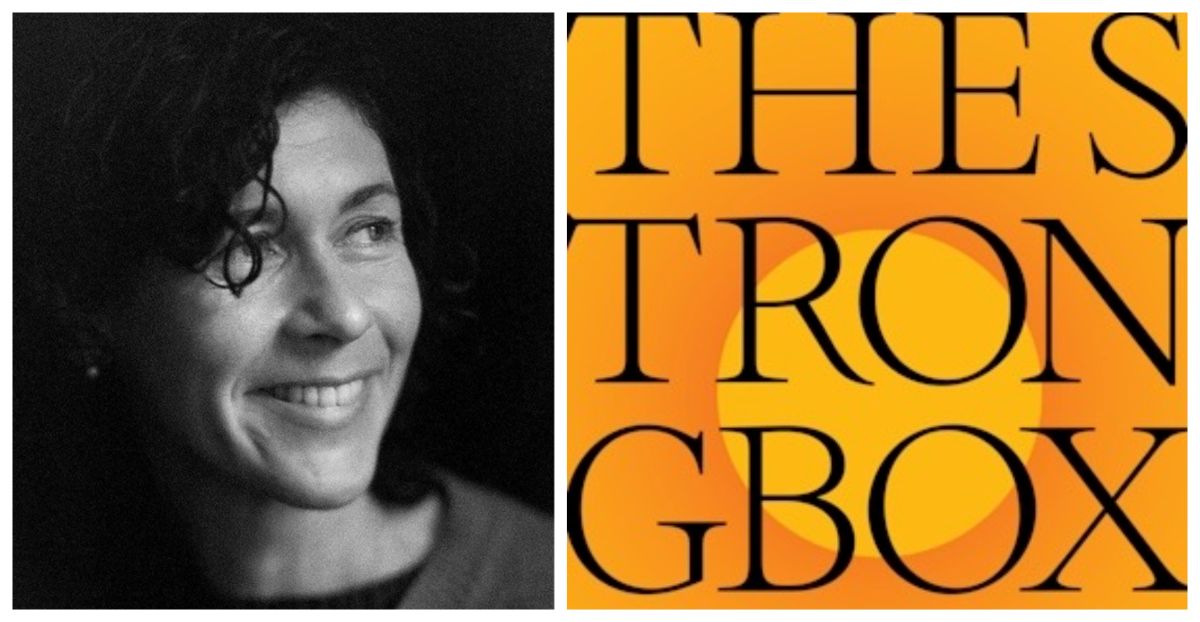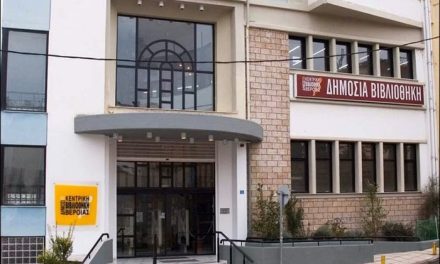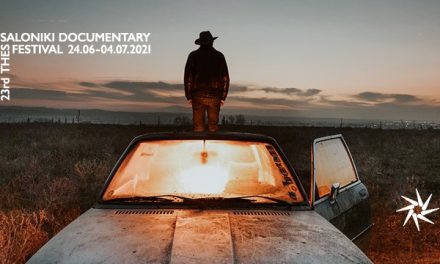The winner of the Anglo-Hellenic League Runciman Award 2025 is Sasha Dugdale for The Strongbox (Carcanet 2024).
Announcing the result of this year’s competition on Friday 13 June at a ceremony in the Great Hall of King’s College London, in the presence of a large audience in the hall and online, Sofka Zinovieff, the chair of judges, said: “I am delighted that The Strongbox has won the Anglo-Hellenic League Runciman Award for 2025. We had a remarkable shortlist this year, which made the judges’ decision particularly difficult, but Sasha Dugdale is an outstanding winner. The Strongbox is an extraordinary collection of poetry. It shows how the rich inheritance of ancient Greek myth and literature continues to inspire the creation of outstanding works of art in the 21st century.”
The winner of the Award, poet, playwright, and translator Sasha Dugdale, said: I’m deeply honoured to be awarded the Anglo-Hellenic League Runciman Award and very grateful to the judges for their appreciation of The Strongbox. My work is a poetic response to the wars and political tensions of the last years and it was shaped by my own experience of translating testimony relating to war and repression. In The Strongbox I considered how Greek mythologies are dynamic and still shape our perception of civilisation and culture, of war and difference. I used those mythologies to explore the effects and implications of the very modern tragedies we were witnessing. This recognition by the Anglo-Hellenic League Runciman Award is incredibly gratifying.”
The Chair of the Council of the League, Kevin Featherstone, said: “Sasha Dugdale’s The Strongbox is an extraordinary work and worthy member of the distinguished roster of Runciman Award winners. The Council of the Anglo-Hellenic League would like to extend its warmest congratulations to Sasha and to thank our generous sponsors: the A.G. Leventis Foundation and the Athanasios C. Laskaridis Charitable Foundation.”
The judging panel for the Anglo-Hellenic League Runciman Award, had agreed on a total of six books for their shortlist for the competition in 2025. Sofka Zinovieff, the chair of judges, said: “The long list this year was exceptional in both range and quality, and we were able to select a very strong shortlist which highlights the enduring quality and vibrancy of writing in English on Greek history, culture and literature. The chosen works embrace truly innovative history and ground-breaking creative writing in both prose and poetry. Together they represent an outstanding literary contribution.”
The shortlist for 2025 was as follows:
Sasha Dugdale: The Strongbox (Carcanet)
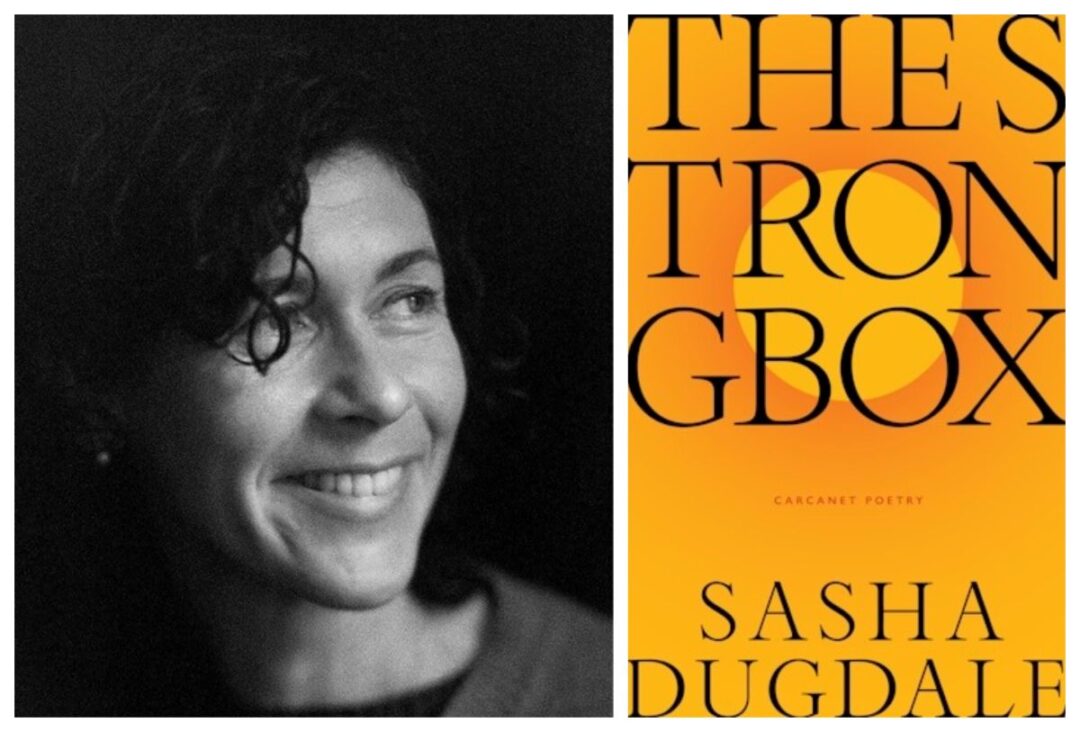
The Strongbox opens with the abduction of a woman to a foreign land and ends with the Rape of Europa. Drawing in elements of Greek mythology, epic literature and recent history, this protean work gives shape to a cast of characters both ancient and modern, as they flit in and out of tales, their voices overlapping and interacting. An unnamed girl is persuaded to leave behind her country and her childhood and travel to a warzone. Helen of Sparta, already trapped behind the walls of Ilium, is plagued by dreams about the coming conflict. Gods continue their manipulations, while mortals persist in defying the will of their gods. Through a series of interconnected scenes and dialogues this singular work traces the role of myth in shaping our accounts of both history and contemporary events.
Poet, playwright, and translator Sasha Dugdale was born in Sussex, England. She has worked as a consultant for theater companies in addition to writing her own plays. From 1995 to 2000, she worked for the British Council in Russia. She is author of the poetry collections Deformations (2020), Joy (2017), winner of the 2017 Poetry Book Society Winter Choice Award; Red House (2011); The Estate (2007); and Notebook (2003). In The Poetry Review, Claire Crowther praised Joy: “These compelling stories of strange happenings in an almost imperceptibly strange style make your mind understand foreignness as our process. Sasha Dugdale is a wise bard and her book is a civilising read.” Dugdale’s honors include the SOA Cholmondeley Award and the 2016 Forward Prize for Best Single Poem (for “Joy”).
Pat Barker: The Voyage Home (Penguin Hamish Hamilton)

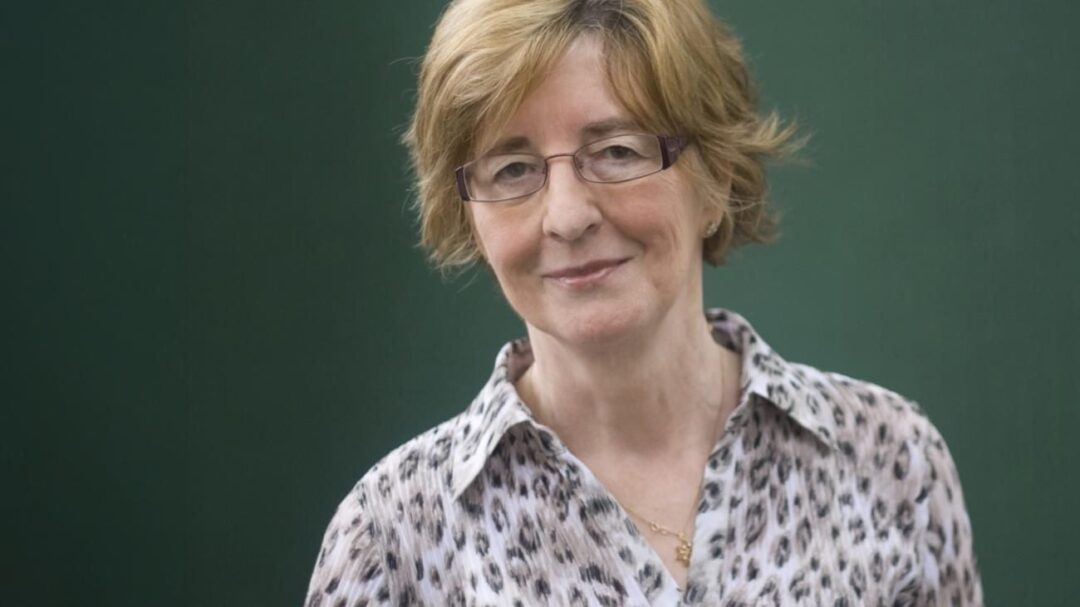
After ten blood-filled years, the war is over. Troy lies in smoking ruins as the victorious Greeks fill their ships with the spoils of battle. Alongside the treasures looted are the many Trojan women captured by the Greeks – among them the legendary prophetess Cassandra, and her watchful maid, Ritsa. Enslaved as concubine – war-wife – to King Agamemnon, Cassandra is plagued by visions of his death – and her own – while Ritsa is forced to bear witness to both Cassandra’s frenzies and the horrors to come.
Meanwhile, awaiting the fleet’s return is Queen Clytemnestra, vengeful wife of Agamemnon. Heart-shattered by her husband’s choice to sacrifice their eldest daughter to the gods in exchange for a fair wind to Troy, she has spent this long decade plotting retribution, in a palace haunted by child-ghosts. As one wife journeys toward the other, united by the vision of Agamemnon’s death, one thing is certain: this long-awaited homecoming will change everyone’s fates forever.
Pat Barker was born in Yorkshire and began her literary career in her late thirties, when she took a short writing course taught by Angela Carter. She has published sixteen novels, including her masterful Regeneration Trilogy which includes the Booker Prize-winning The Ghost Road. The Silence of the Girls was shortlisted for the Women’s Prize for Fiction and won an Independent Bookshop Award 2019. The Women of Troy was a number one Sunday Times bestseller. The Voyage Home continues the series.
Alex Christofi: Cypria: A Journey to the Heart of the Mediterranean (Bloomsbury)
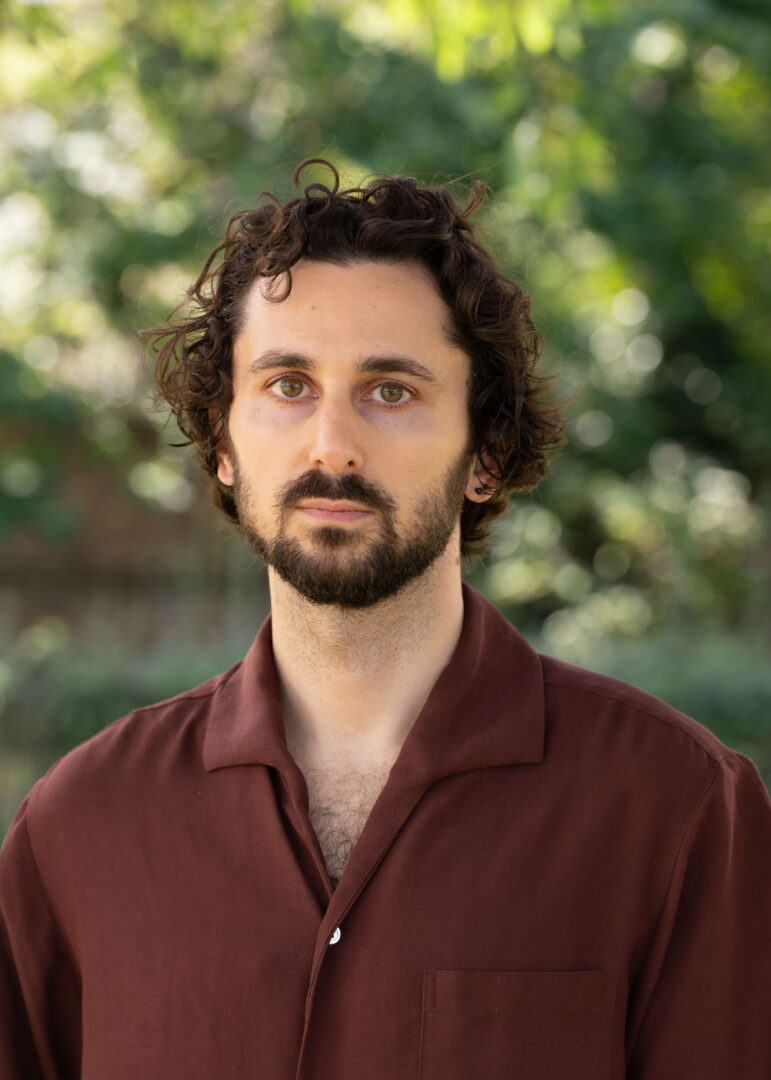
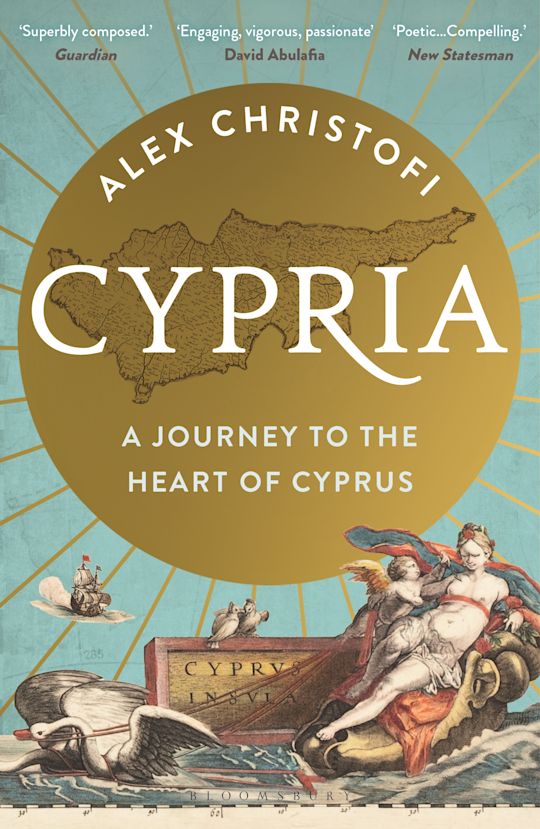
In Cypria, named after a lost Cypriot epic which was the prequel to The Odyssey, British Cypriot writer Alex Christofi writes a deeply personal, lyrical history of the island of Cyprus, from the era of goddesses and mythical beasts to the present day.
This sprawling, evocative and poetic book begins with the legend of the cyclops and the storytelling at the heart of the Mediterranean culture. Christofi travels to salt lakes, crusader castles, mosques and the eerie town deserted at the start of the 1974 war. He retells the particularly bloody history of Cyprus during the twentieth century and considers his own identity as traveler and returner, as Odysseus was.
Written in sensitive, witty and beautifully rendered prose, with a novelist’s flair and eye for detail, Cypria combines the political, cultural and geographical history of Cyprus with reflections on time, place and belonging.
Alex Christofi is Editorial Director at Transworld Publishers and author of four books published in 12 languages, including the novels Let Us Be True and Glass, winner of the Betty Trask Prize for fiction. Dostoevsky in Love, his first work of non-fiction, was shortlisted for the Biographers’ Club Slightly Foxed Best First Biography Prize and named as a Literary Non-fiction Book of the Year by the Times and Sunday Times. He followed Dostoevsky in Love with Cypria, a new history of Cyprus and the Meditteranean.
Julia Kindt: The Trojan Horse and Other Stories: Ten Ancient Creatures That Make Us Human (CUP)


What makes us human? What, if anything, sets us apart from all other creatures? Ever since Charles Darwin’s theory of evolution, the answer to these questions has pointed to our own intrinsic animal nature. Yet the idea that, in one way or another, our humanity is entangled with the non-human has a much longer and more venerable history. In the West, it goes all the way back to classical antiquity. This grippingly written and provocative book boldly reveals how the ancient world mobilised concepts of ‘the animal’ and ‘animality’ to conceive of the human in a variety of illuminating ways.
Through ten stories about marvelous mythical beings – from the Trojan Horse to the Cyclops, and from Androcles’ lion to the Minotaur – Julia Kindt unlocks fresh ways of thinking about humanity that extend from antiquity to the present and that ultimately challenge our understanding of who we really are.
Julia Kindt is a Professor of Ancient History at the University of Sydney, a Future Fellow of the Australian Research Council (2018-22), and Fellow of the Australian Academy of the Humanities. She is a senior editor of the Oxford Research Encyclopedia of Religions (ORE), and a member of the editorial boards of the Journal of Ancient History and Antichthon. Her previous, highly regarded, books include Rethinking Greek Religion (Cambridge University Press, 2013) and Revisiting Delphi. Religion and Storytelling in Ancient Greece (Cambridge University Press, 2016).
Ferdia Lennon: Glorious Exploits (Penguin Fig Tree)
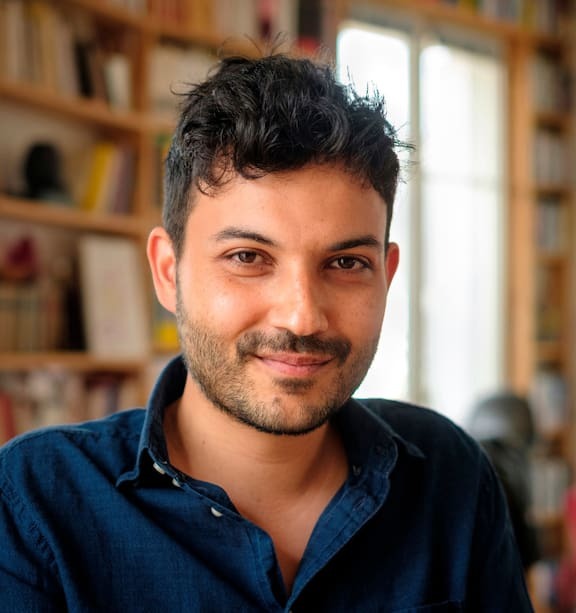
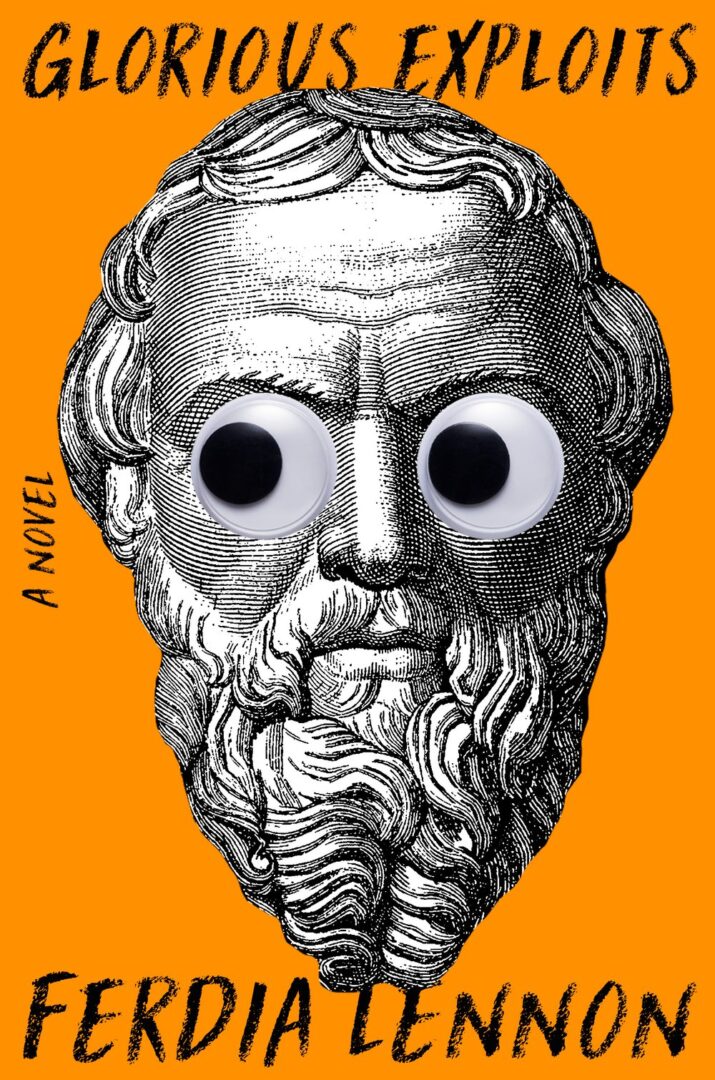
In Ferdia Lennon’s charming debut, “Glorious Exploits,” Athenian prisoners stage Euripides for their wine-swilling, foul-mouthed captors. On the island of Sicily amid the Peloponnesian War, the Syracusans have figured out what to do with the surviving Athenians who had the gall to invade their city: they’ve herded the sorry prisoners of war into a rock quarry and left them to rot. Looking for a way to pass the time, Lampo and Gelon, two unemployed potters with a soft spot for poetry and drink, head down into the quarry to feed the Athenians if, and only if, they can manage a few choice lines from their great playwright Euripides. Before long, the two mates hatch a plan to direct a full-blown production of Medea..
Told in a contemporary Irish voice and as riotously funny as it is deeply moving, Glorious Exploits is an unforgettable ode to the power of art in a time of war, brotherhood in a time of enmity, and human will throughout the ages.
Ferdia Lennon was born and raised in Dublin. He holds a BA in History and Classics from University College Dublin and an MA in Prose Fiction from the University of East Anglia. Glorious Exploits is his first novel. A Sunday Times bestseller, it was adapted for BBC Radio 4 and was the winner of the Waterstones Debut Fiction Prize 2024.
Glenn Peers: Byzantine Media Subjects (Cornell UP)
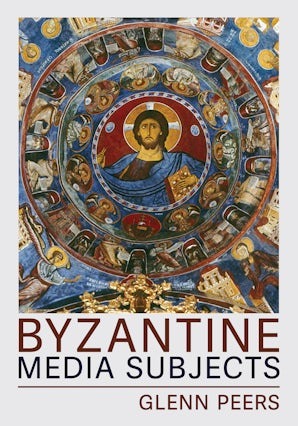

Byzantine Media Subjects invites readers into a world replete with images—icons, frescoes, and mosaics filling places of worship, politics, and community. Glenn Peers asks readers to think themselves into a world where representation reigned and humans followed, and indeed were formed. Interrogating the fundamental role of representation in the making of the Byzantine human, Peers argues that Byzantine culture was (already) posthuman.
The Byzantine experience reveals the extent to which media like icons, manuscripts, music, animals, and mirrors fundamentally determine humans. In the Byzantine world, representation as such was deeply persuasive, even coercive; it had the power to affect human relationships, produce conflict, and form self-perception. Media studies has made its subject the modern world, but this book argues for media having made historical subjects. Here, it is shown that media long ago also made Byzantine humans, defining them, molding them, mediating their relationship to time, to nature, to God, and to themselves.
Glenn Peers is Emeritus Professor of the History of Art at both Syracuse University and the University of Texas at Austin. Among his eight books are, as author, Animism, Materiality, and Museums and Sacred Shock, and, as editor, Byzantine Things in the World. He lives in Bennington, Vermont.
First conceived in 1983 and presented for the first time in 1986, the Runciman Award is an annual literary award offered by the Anglohellenic League for a work published in English dealing wholly or in part with Greece or Hellenism. Named in honor of Sir Steven Runciman, the eminent Byzantine scholar, the aim of the Award is to stimulate interest in Greek history and culture culture from earliest times to the present, to reward and encourage good and accessible writing as well as to promote wider knowledge and understanding of Greece’s contribution to civilization and values. Previous winners have included Mark Mazower, Antony Beevor, Richard Clogg,K.E. Fleming, Emily Greenwood, Juliet du Boulay, Bruce Clark, A.E. Stallings, and of course, Roderick Beaton, the only author to have won it four times.
The Anglo-Hellenic League Runciman Award is sponsored by the Athanasios C. Laskaridis Charitable Foundation and the A.G. Leventis Foundation. The winner receives a prize of £10,000.
I.L.
TAGS: ANCIENT GREECE | AWARDS | LITERATURE & BOOKS | MODERN GREECE

